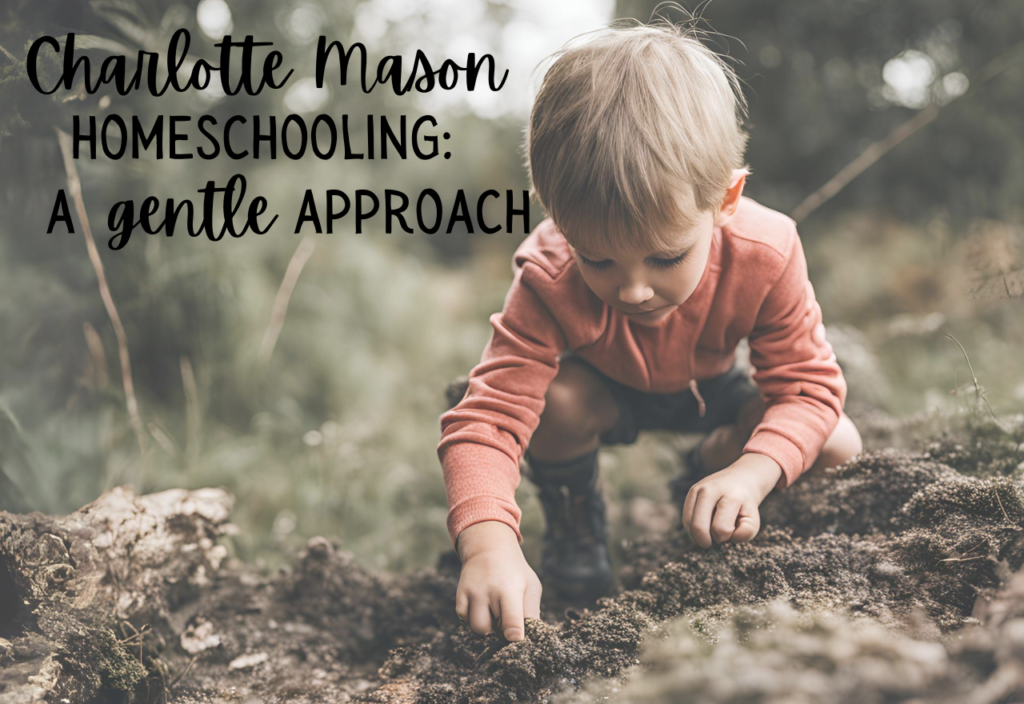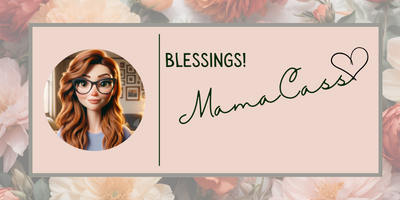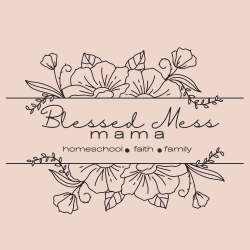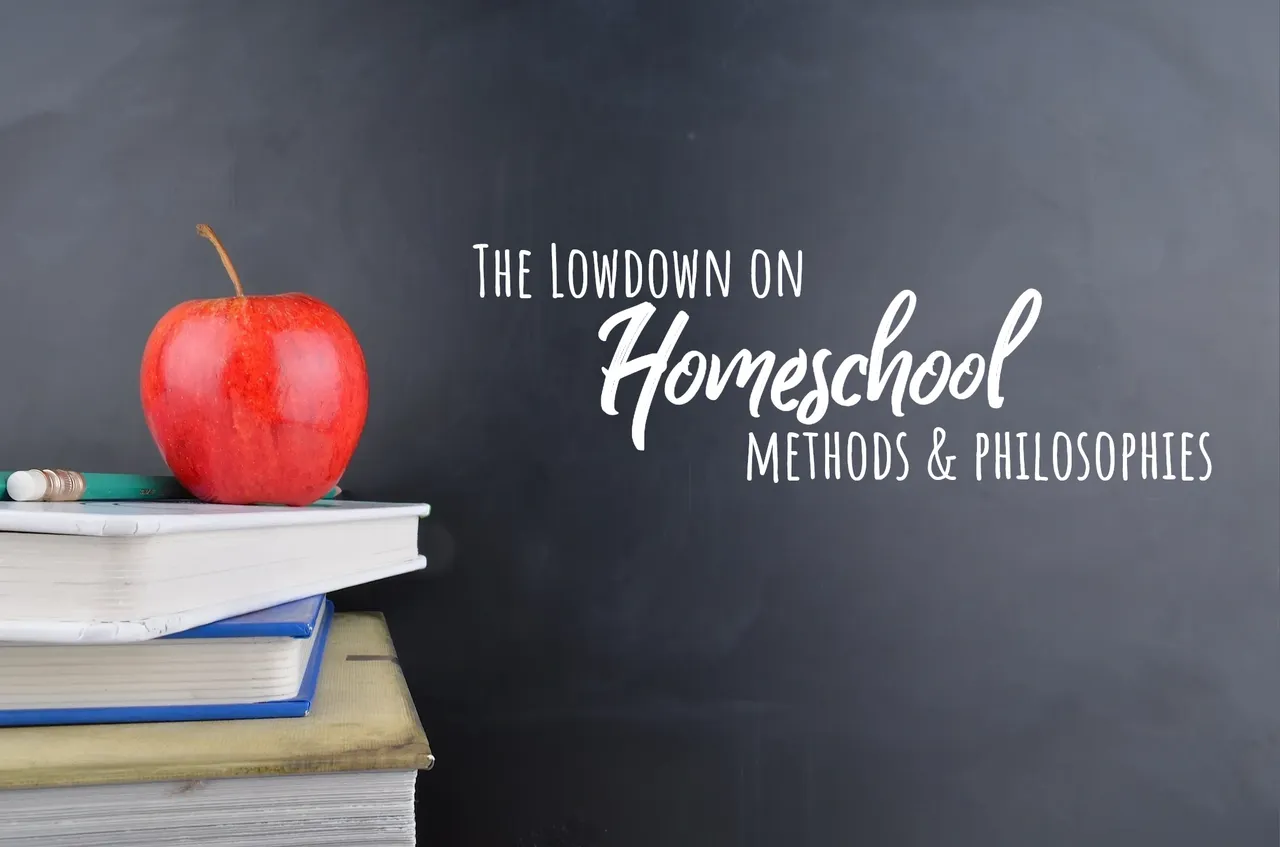Charlotte Mason Homeschooling: A Gentle Approach

Charlotte Mason was a British educator in the late 19th and early 20th centuries who believed that education is about more than just academic success; it’s about nurturing children’s bodies, minds, and souls. She emphasized education as an atmosphere, a discipline, and a life, offering a holistic approach that seems especially appealing in our fast-paced, test-driven world.
Core Principles of the Charlotte Mason Method
One of the first things that attracted me to the Charlotte Mason philosophy was its core values. These principles not only respect the child as a person but also encourage a love of learning. Here’s a quick rundown:
- Living Books: Instead of dry textbooks, the CM method uses “living books,” which are usually narratives written by passionate authors who have expertise in their subject matter. These books make learning more vibrant and engaging because they tell stories, reflect real-life experiences, and provoke thought.
- Nature Study: Charlotte Mason placed a high emphasis on the outdoors. Regular nature walks and the study of natural objects are not just educational activities, but they’re also seen as vital to spiritual and physical development. This aspect is absolutely refreshing—it gets us out into the fresh air, learning directly from the environment.
- Narration: Instead of traditional testing, narration is used to assess understanding. After reading a book or passage, your child tells back what they’ve read in their own words. This process enhances comprehension and gives them the opportunity to express their thoughts and ideas.
- Art and Music Appreciation: Exposure to the arts isn’t just an optional extra; it’s integral to the curriculum. Children learn about classical composers, artists, and their works, fostering an appreciation of beauty that hopefully lasts a lifetime.
- Focus on Habits: Personal habits, such as attention, accuracy, and punctuality, are given importance in the CM method. The idea is that attention to small habits forms character and personal discipline.
Implementing the Charlotte Mason Method
Starting with this method can seem a bit daunting at first, but it’s actually very flexible. You can adapt it to meet your family’s lifestyle and your children’s learning needs. Websites like AmblesideOnline and Simply Charlotte Mason offer free resources and curriculum guides that can help make the transition smoother.
What’s truly wonderful about adopting Charlotte Mason’s approach is that it doesn’t require a hefty investment in expensive materials. Most resources are books you can find in your local library or online, plus, there’s a strong emphasis on using natural surroundings as educational resources. For a detailed list of steps you can take to transition your homeschool days into a Charlotte Mason flow, read this article from Simply Charlotte Mason.
Why Choose Charlotte Mason?
For many families, including mine, the appeal of the Charlotte Mason philosophy is in its gentle approach to education. It respects the child’s pace and is flexible enough to cater to individual interests and abilities. It encourages children to develop a love for learning and to see it as a natural, enjoyable part of life. The CM method gets the kids away from their desks and out into the world to explore and learn, which most kids really appreciate! It also takes a lot of pressure off the parent.
Common Questions About Charlotte Mason Education
What ages is the Charlotte Mason method suitable for?
The CM method is suitable for all school-aged children but is particularly appealing for young learners from kindergarten through middle school.
How do I find living books?
Living books can be found at your local library, through online bookstores, or by recommendations from other Charlotte Mason educators. Websites like AmblesideOnline provide booklists categorized by grade level.
Can the Charlotte Mason method be used with other homeschooling styles?
Yes, many families, like ours, blend the CM method with other homeschooling approaches, such as Montessori or classical education, to tailor the learning experience to their child’s needs.
Is it a religious-based curriculum?
While Charlotte Mason herself incorporated religious teachings into her educational philosophy, the method can be adapted to suit families of any or no religious background.
I hope this gives you a good overview of this unique homeschool method! It’s definitely worth considering if you’re looking for a holistic approach to homeschooling that cultivates a love of learning and broad intellectual development. For more information on the various homeschooling philosophies, check out my breakdown here…
Happy homeschooling!
P.S. Isn’t it wonderful how much you can tailor this educational philosophy to fit your family’s unique rhythm? Let me know if you have any more questions or need a few more tips on getting started!






